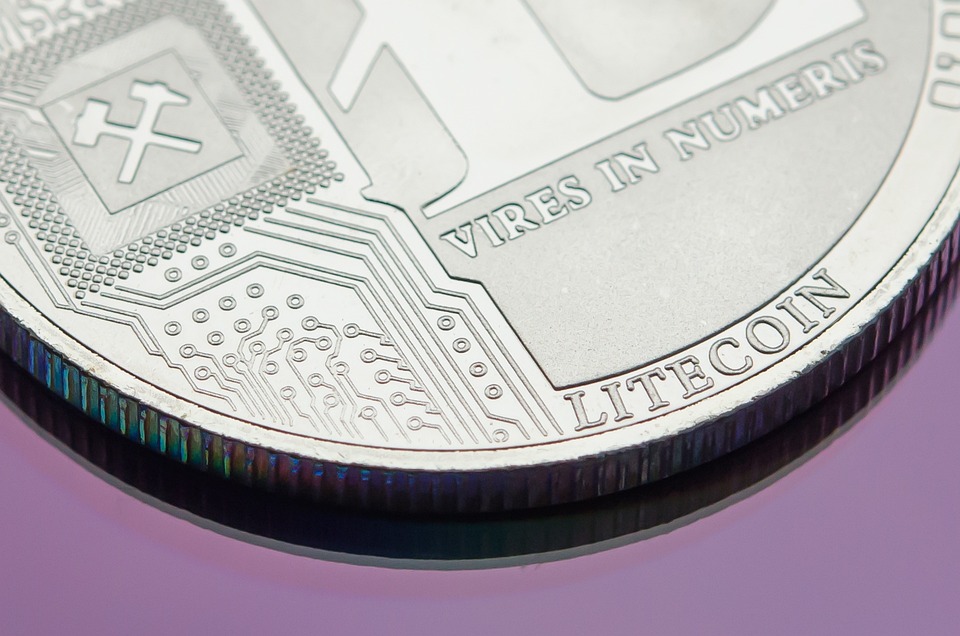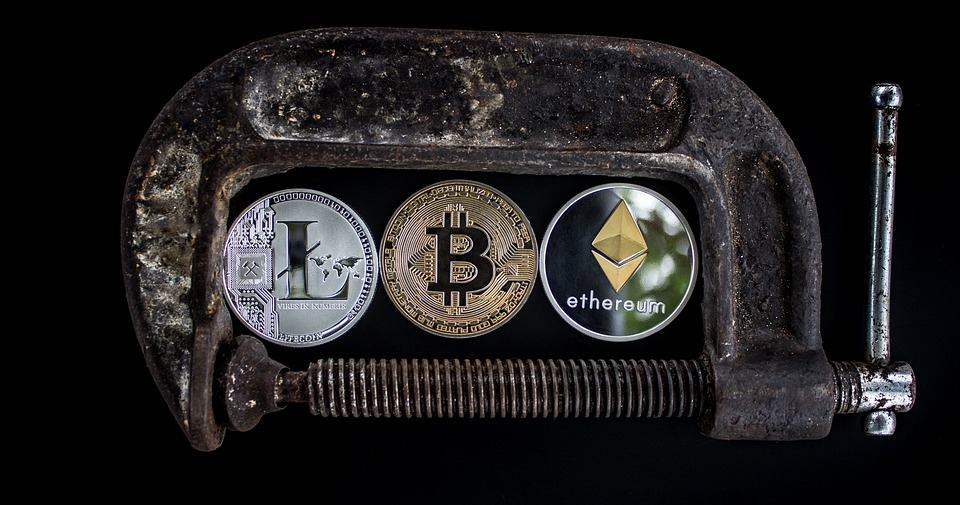Smart contracts are quickly changing the way companies conduct business in the digital economy. These self-executing contracts are built on blockchain technology, enabling automated transactions without the need for intermediaries. As a result, smart contracts can save time and money, reduce fraud, and increase transparency in various industries.
One of the key benefits of smart contracts is their ability to streamline processes. By automating the execution of agreements, companies can eliminate the need for manual input and oversight, reducing the potential for errors and delays. This can lead to significant cost savings and increased efficiency for businesses looking to optimize their operations in the digital age.
Moreover, smart contracts can enhance security and reduce the risk of fraud. Blockchain technology ensures that transactions are secure, immutable, and transparent, making it harder for malicious actors to manipulate or tamper with the information contained within a smart contract. This increased level of security can help build trust among parties and create a more robust ecosystem for conducting business online.
Additionally, smart contracts have the potential to revolutionize the way transactions are conducted in various industries. From supply chain management to real estate, smart contracts can automate complex agreements, track assets in real-time, and facilitate faster and more secure transactions. This can open up new opportunities for companies to innovate and improve their processes, ultimately leading to a more efficient and competitive digital economy.
In the financial sector, smart contracts are already being used to create decentralized autonomous organizations (DAOs) and tokenized assets. These developments have the potential to disrupt traditional financial institutions and democratize access to financial services for individuals and businesses around the world. By leveraging smart contracts, companies can create new revenue streams, reduce costs, and improve the overall customer experience in the digital economy.
As the adoption of blockchain technology and smart contracts continues to grow, it is essential for companies to understand the potential benefits and challenges associated with implementing these technologies. From compliance issues to technical considerations, there are various factors to consider when integrating smart contracts into existing business processes. However, the potential rewards for unlocking the power of smart contracts in the digital economy are vast and can help companies stay ahead of the curve in an increasingly digital world.
In conclusion, smart contracts have the potential to revolutionize the way business is conducted in the digital economy. By leveraging blockchain technology, companies can automate transactions, increase security, and unlock new opportunities for innovation and growth. As companies continue to explore the potential of smart contracts, it is crucial for them to embrace these technologies and adapt to the changing landscape of the digital economy. Ultimately, by unlocking the full potential of smart contracts, companies can thrive in a more efficient, secure, and transparent digital ecosystem.




